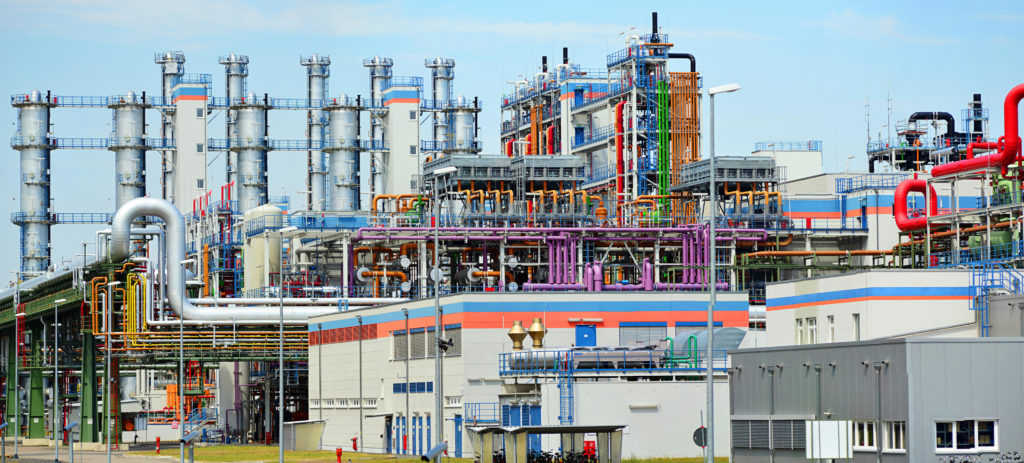TASHKENT
Uzbekistan and the republic of Tatarstan have launched a Chirchik chemical-industrial techno-park in more than 31 hectares of land near the capital Tashkent with the Uzbek government hoping to attract companies from other countries as well.
According to the Uzbek government, 14 enterprises will be located in the chemical-industrial park producing more than 100 types of chemical products. When fully launched, it will create more than 2,000 new jobs and allow Uzbekistan to export $15 million worth of products annually.
Uzbekistan’s prime minister Abdulla Aripov and the President of Tatarstan Rustam Minnikhanov, who is in the country on a working visit, laid a stone in the construction of the Chirchik chemical-industrial marking the launch of the project.
According to the Russian side, the park is being created in cooperation with the Kazan technopolis Khimgrad and foreign partners from China, India, South Korea and other countries are showing interest in working conditions in the chemical park, where they can enjoy significant tax benefits and exemption from customs duties for up to three years.
In February this year, Uzbekistan’s President Shavkat Mirziyoyev signed a decree on the creation of a technology park in Chirchik town of the Tashkent region. Negotiations with Tatarstan began in 2018.
The presidential decree aims to revive the industry in Chirchik, a chemical town from the soviet past, using domestic raw materials and products of Uzbekistan’s mining companies. The buildings and structures of these industries were transferred to “Uzkimyosanoat” (“Uzkhimprom”) and entered as its share in the authorized capital of the directorate of the chemical-industrial park Chirchik.
Tatarstan’s president Minnikhanov announced that the first residents of the techno-park were the Tatarstan companies such as plastics producer VR-Plast, a manufacturer of plant protection products Biovatik and a manufacturer of biologically active additives Natural Health.
The main activities of the techno-park are determined by attracting investments to organise the production of high-value-added products that are in demand on the foreign market and import-substituting products, as well as the creation of energy-efficient, environmentally friendly and environmentally friendly production facilities in accordance with international standards.

